We can’t all win the World Cup, but we can each work to make the world better in small ways, writes Chris Deerin.
In Saul Bellow’s classic 1953 novel, The Adventures of Augie March, the title character chances upon exiled Russian communist leader Leon Trotsky outside a church in Mexico.
“It’s stirring to have a glimpse of deepwater greatness,” says Augie. Bellow regretted never having met Trotsky in real life – he had, in fact, been due to do so on the day the revolutionary intellectual was murdered with an ice pick by a Stalinist agent.
I often come back to the idea of “deepwater greatness”: a glorious phrase; a literary zinger. It confers something far beyond the standard appreciation of eminence.
What grander image, after all, does earth have to offer than a vast, blue whale in the infinite depths of the ocean? (Though, perhaps the wreck of the Titanic is a more apposite metaphor for Trotsky and his communism – both seemed like good ideas until the dying started.)
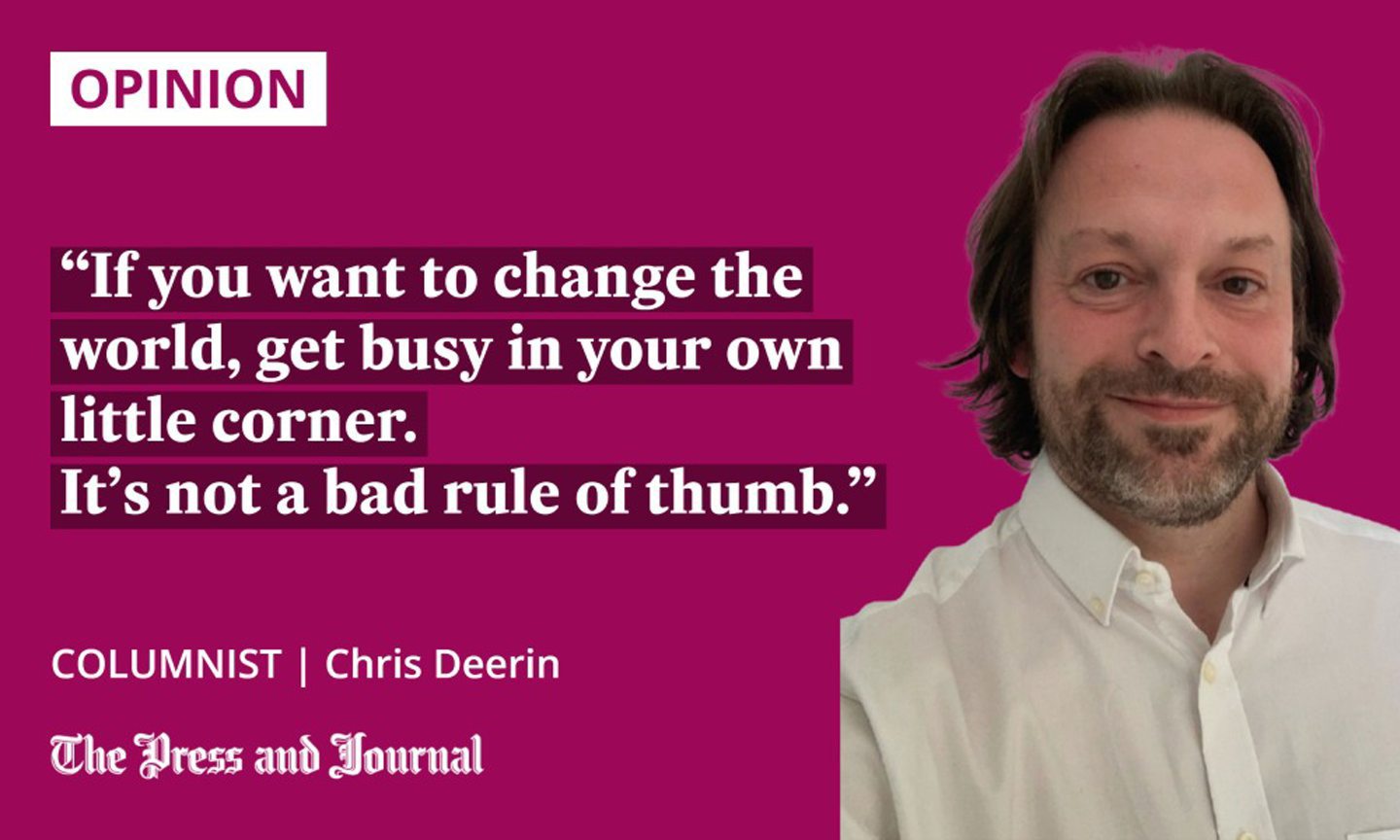
Lionel Messi, I think, has deepwater greatness. I would have said the same before the Qatar World Cup, but that tournament has surely confirmed the little genius as the most untouchably magnificent footballer of all time.
It’s not just that he has won everything he could possibly win, it’s that his talent is so profound, so fully expressed and enduring, so unfathomable and elevating, and so outstrips anything that has come before, that it can feel like a privilege to be sharing the same species at the same time. You look at this most physically unprepossessing of men with a sort of baffled awe.
Like Diego Maradona, he dragged Argentina all the way to victory in a World Cup – but did so at 35, an age when many footballers have retired, and by which stage Maradona was a washed-up disaster zone.
Like Pelé, he was unarguably special from those first glimpses of him as a dribbling, flicking, free-scoring teenage prodigy. Unlike Pelé, he has dominated the most competitive levels of football, making mincemeat of the era’s best, week in, week out, season in, season out, for nearly two decades.
Like Ronaldo, he has broken records left, right and centre, but has done so with the kind of humility and team spirit that has always seemed beyond his great rival. He is certainly ending his career with a grace that seems inaccessible to a naked individualist such as Ronaldo.
I would place Messi among the artists and creators
Perhaps it is obtuse to bracket a richly rewarded, pampered sportsman such as Messi alongside the sacrifice and courage that marks world-changing greats like, say, Nelson Mandela or Martin Luther King or the leading Suffragettes. But, there are different types of greatness.
Just imagine if Scotland could somehow win the World Cup. I’d be out on the streets – wouldn’t you?
I would place Messi among the artists and creators: Beethoven, Bach and Mozart, McCartney, Lennon and Brian Wilson, Leonardo da Vinci and Michelangelo, Shakespeare, Jane Austen and, perhaps, Bellow himself – people who have taken their particular discipline into a previously undiscovered space.
Like them, Messi is an author, composer and sculptor of affectingly beautiful moments that speak to our higher natures, our heightened form of consciousness – that which makes us human.
You can argue that it’s only football, of course, but football is the world’s most popular sport by a distance, bringing regular joy and release to billions. It is open to most boys and, increasingly, girls, regardless of class or income, in a way that little else is or has ever been.
Indeed, given football’s democratic, unrarified level of access, its worldwide level of competition, and its sheer number of participants, from tots to creaking fifty-somethings, it is possible to make the claim that Messi might be the best at anything, ever.
Unbelievable, joyous and emotional celebrations in Buenos Aires. Just look what Argentina's World Cup win means.🤩🇦🇷
🎥 via IG/alepetra_ pic.twitter.com/5oek57Ux45
— Ben Jacobs (@JacobsBen) December 18, 2022
And, if you believe the game lacks any wider importance, watch the videos from Buenos Aires on Sunday evening, and you’ll see the kind of public outpouring that might greet victory in a long-running war. Argentina is a country that seems to struggle from one catastrophic economic crisis to another, and for which its particular genius for producing surpassingly gifted footballers is a balm for wider societal pain.
Just imagine if Scotland could somehow win the World Cup. I’d be out on the streets – wouldn’t you?
‘Get busy in your own little corner’
The kind of greatness that brings global recognition is an ambition that few of us are in a position to entertain, of course, whether we be footballers, journalists, accountants or shopkeepers. But, as I say, there are different types of achievement.
The finest man I’ve ever met was my grandfather; a bright, working class foundry worker who raised seven remarkable children in a hard-won environment of love, decency and dignity. His legacy and his example have been a set of values that we have all tried – if often failed – to live by. If you’re lucky, you’ll have had someone similar in your own life
The rest of us are better off focusing on what might be achieved in our own little corner of the world
My gran, his wife, had a phrase for this: if you want to change the world, get busy in your own little corner. It’s not a bad rule of thumb.
Lionel Messi is a talent for the ages, someone who’ll be talked about and revered for generations to come. The rest of us are better off focusing on what might be achieved in our own little corner of the world. In the end, that can be a form of greatness, too.
Chris Deerin is a leading journalist and commentator who heads independent, non-party think tank, Reform Scotland
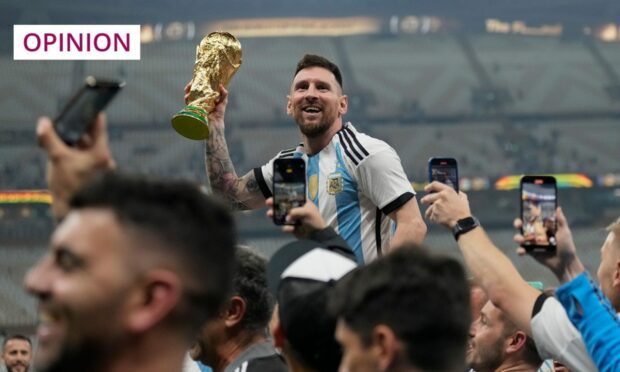

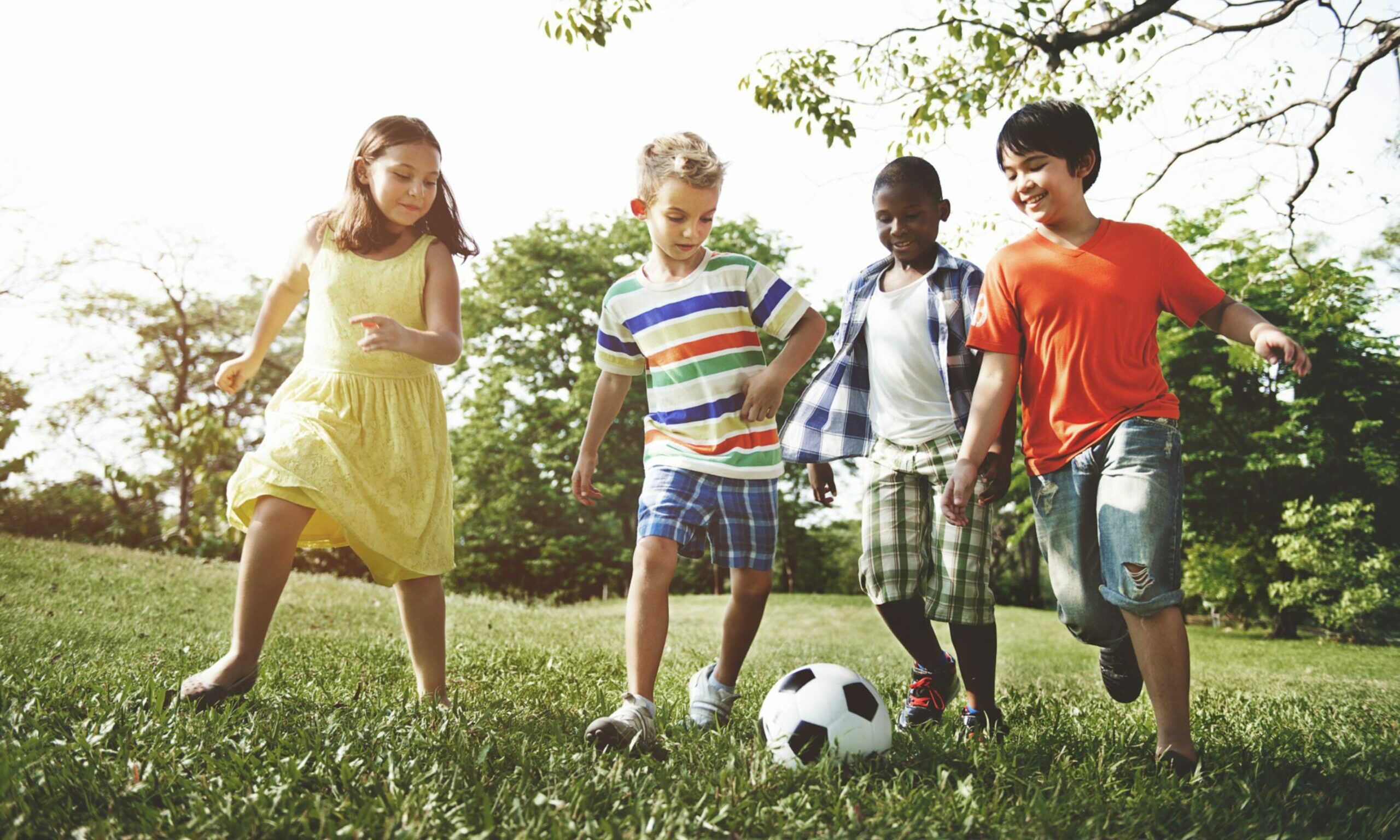

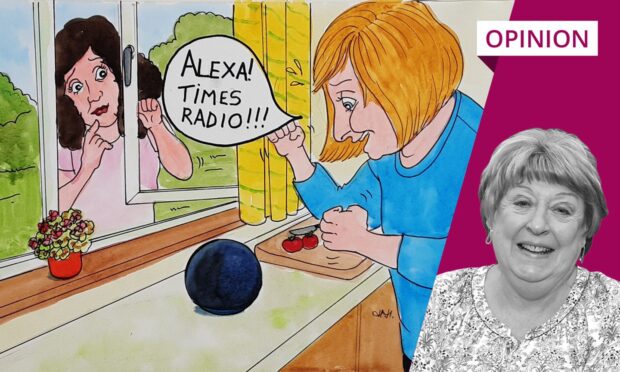

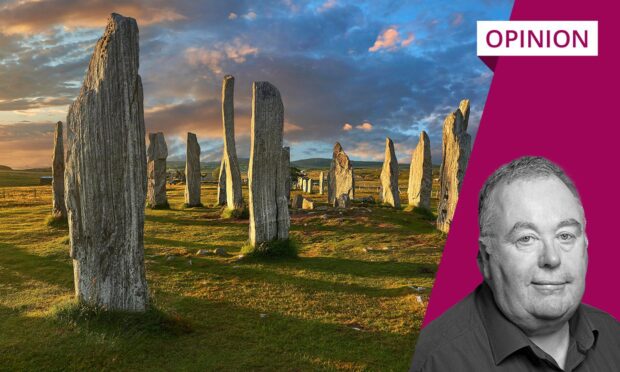
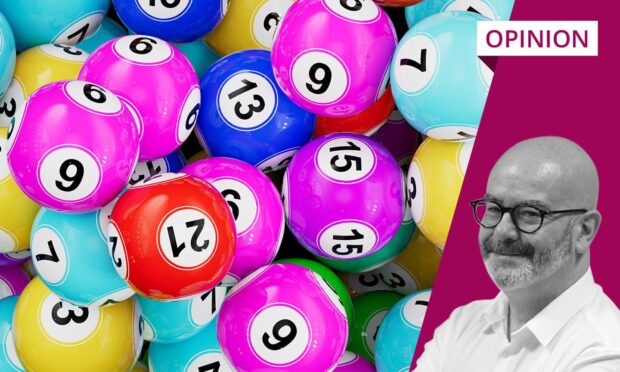
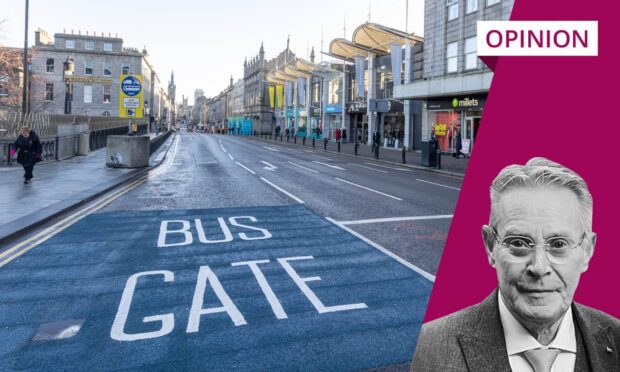
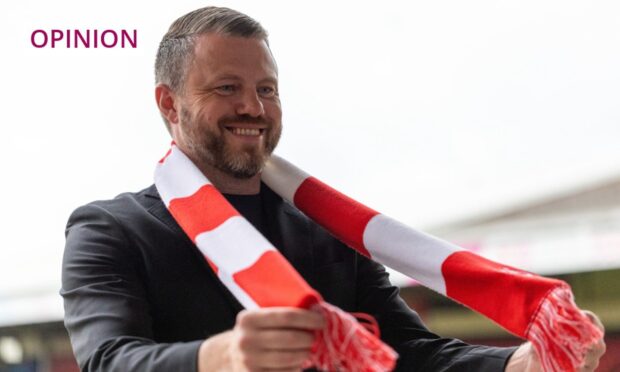
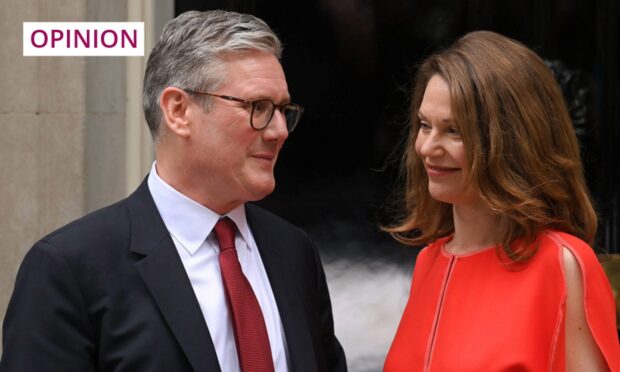
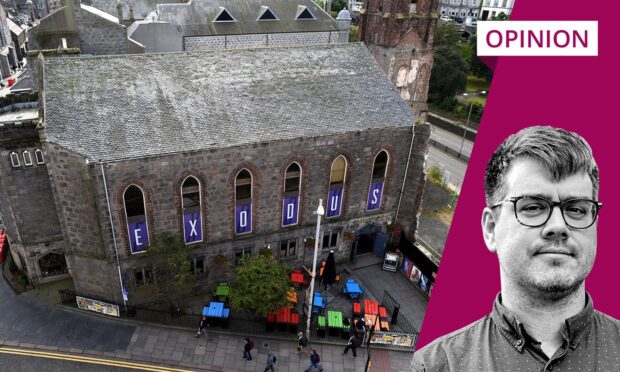

Conversation